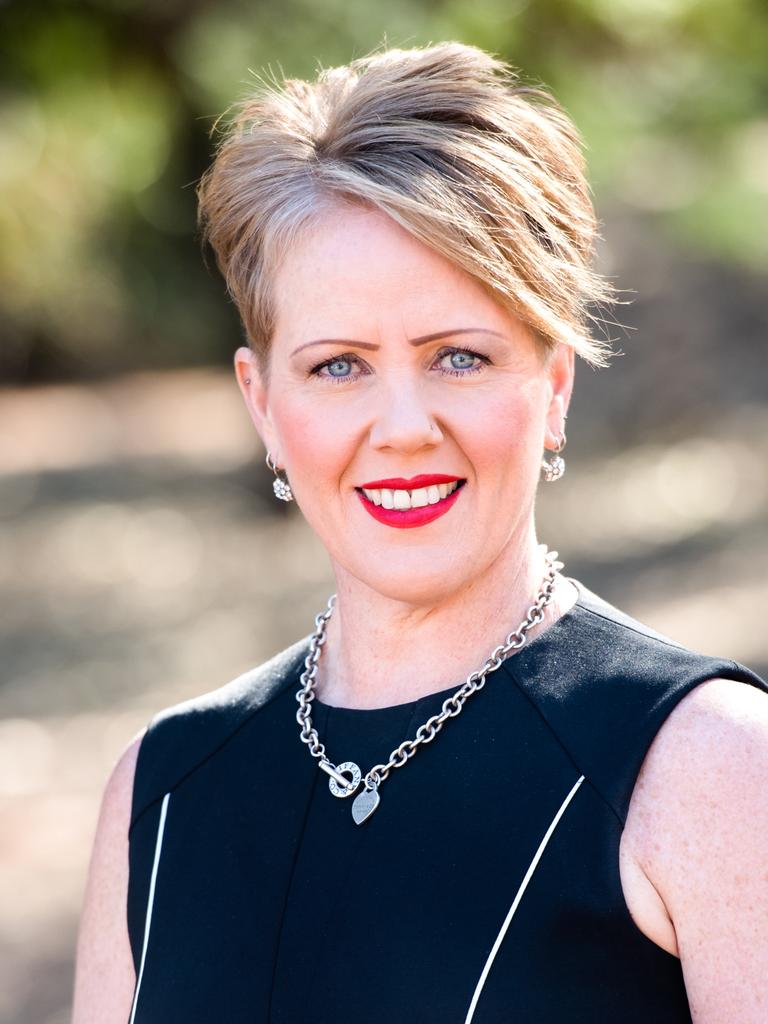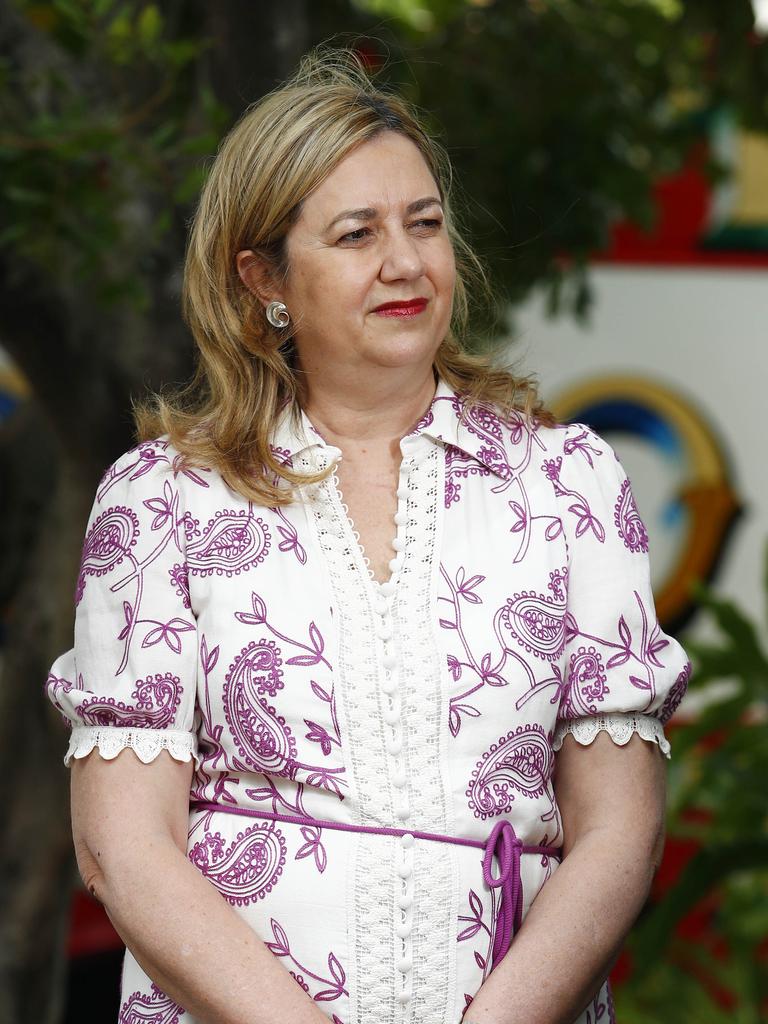UniSQ criminologist explains why we need to rethink the role jails play in youth justice reforms
A leading criminologist is calling on the community to take ownership to the latest generation of youth offenders and support them in centres of healing rather than ship them off to jails that she said only increase their risk of reoffending.
Police & Courts
Don't miss out on the headlines from Police & Courts. Followed categories will be added to My News.
It is estimated that as many 60 per cent of Queensland’s hardened teen offenders who have served time in youth detention suffer from cognitive impairments that are the result of severe childhood trauma or foetal alcohol syndrome.
These include acquired brain injuries that are the result of physical and sexual violence or substance abuse.
University of Southern Queensland criminologist Suzanne Reich said the figure, often quoted among academics and criminologists, shows the difficulty the community faces with reining in youth crime.
“That says that a high proportion of these young people are coming from traumatic backgrounds,” she said.
“They have been removed from their homes because of abuse they have suffered and placed in the foster care system.
“Most have had multiple placements, probably because of their behaviour, because these are kids with complex behaviour issues.”

The last stop for many before they enter detention is residential care.
“They end up with no place they identify as home,” Dr Reich said.
The calls for youth justice reform have been growing over the past year following the deaths of several innocent bystanders, allegedly at the hands of young offenders.
They include the death of Emma Lovell in North Lakes in December 2022, allegedly at the hands of 17-year-old who was armed with a knife during a burglary.
On February 6, 75-year-old Toowoomba man Robert Brown suffered a critical head injury after he was allegedly pushed over while waiting for a taxi.
Police allege Isaac Cubby, 18, pushed Mr Brown before stealing his backpack.
Sadly, Mr Brown succumbed to his injuries on Monday.
Tonight Police Minister Mark Ryan, Queensland Police Service Commissioner Katarina Carroll and Youth Justice Minister Leanne Linard will host a public forum at the Empire Theatres Armitage Centre to discuss reforms to the youth justice law.
It is this lack of identity that Dr Reich suggests is the leading cause of offending among the small group of hardened teen offenders who commit the bulk of Queensland’s youth crime.
“They are being born into circumstances where they had no chance and we expect them to understand the meaning of ‘consequence’ but their experience of so-called ‘consequence’ has been violence and removal.
“That is violence towards them and then removal from their home.”
With this in mind, Dr Reich said the recurring call for harsher penalties and longer jail terms would not reduce crime.

She took aim at the Queensland government’s response to Emma Lovell’s death in North Lakes last year, allegedly at the hands of a 17-year-old boy during a botched burglary.
Data from the Department of Children, Youth Justice and Multicultural Affairs shows there are just 14 vacant spots in youth detention across Queensland.
A spokeswoman from the department said the combined capacity of the Cleveland centre in Townsville, the Brisbane centre and the West Moreton centre was 306.
Of those, 292 spaces were currently filled.
Dr Reich said the research was clear that detention increased the risk of young offenders going on to commit more serious offences.
Instead she called for a more caring approach.
“We need centres of healing, so that once in their lives young offenders’ need to feel cared for can be satisfied, where they can achieve prosocial goals, and be rewarded for achieving those goals,” she said.
The lack of a healthy identity also feeds the growing trend of young offenders posting their criminal exploits online.
Dr Reich said teens do this to be seen by the community and to be validated by their peers.
“If you are the person who stole the best car for that night then you get the trophy,” she said.
“To some extent it creates a feeling of being cared about because the community is now talking about these young people, whereas before they may never have been noticed.
“But we have to ask ourselves why young people turn to crime to meet this need. We have we looked at ourselves as a community and ask where we have failed these people and do we expect the government to fix the problem.
“Calling for harsher penalties is not the answer, it’s a knee-jerk reaction that is quick to enact but will see more kids in jail for longer and a community that is still not safe.”







